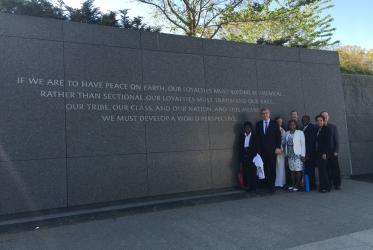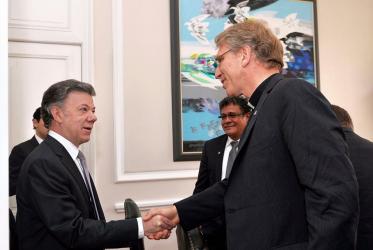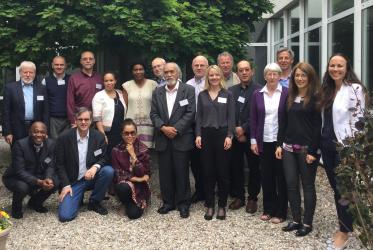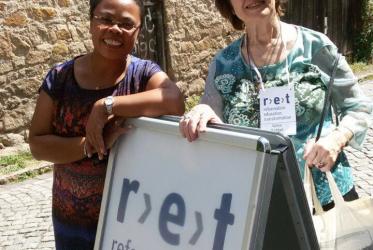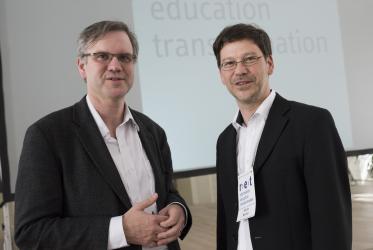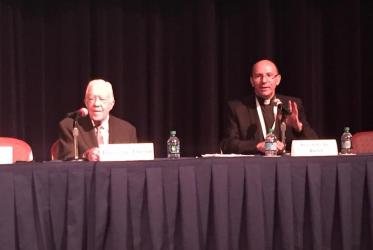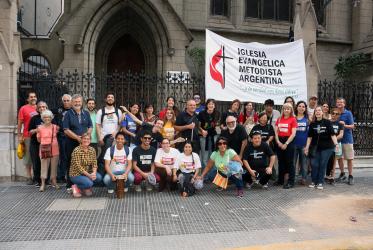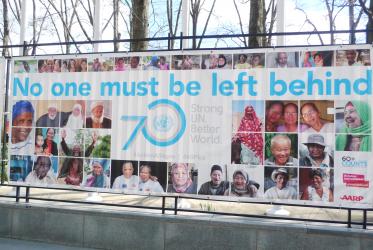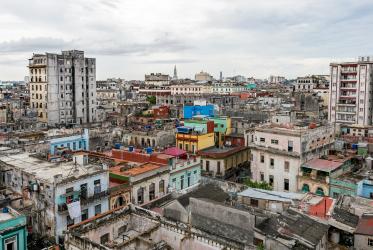Displaying 161 - 180 of 241
09 July 2016
New Executive Committee members elected in Trondheim
28 June 2016
WCC welcomes ceasefire agreement in Colombia
25 June 2016
Ecumenical educators plan global institute
25 May 2016
Churches help keep memories alive for Argentinian people
07 April 2016
International affairs facilitator reflects on pilgrimage
31 March 2016
WCC hails historic visit of US leader to Cuba
23 March 2016
Religious leaders as agents of peace in the Americas
02 March 2016
Symposium focuses on religion, violence, extremism
04 February 2016
